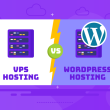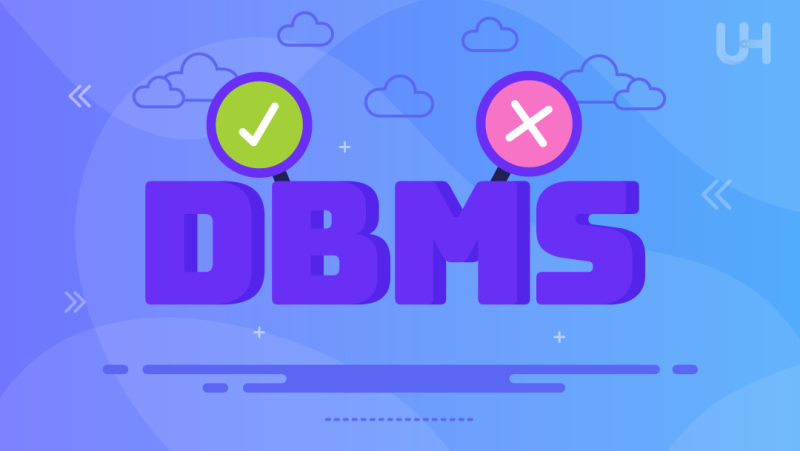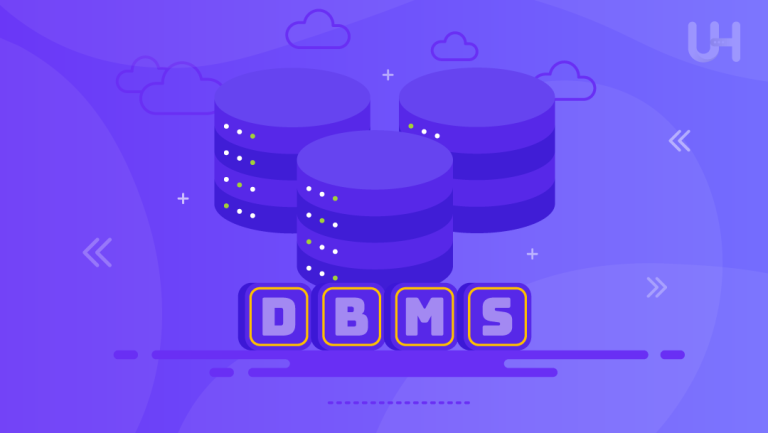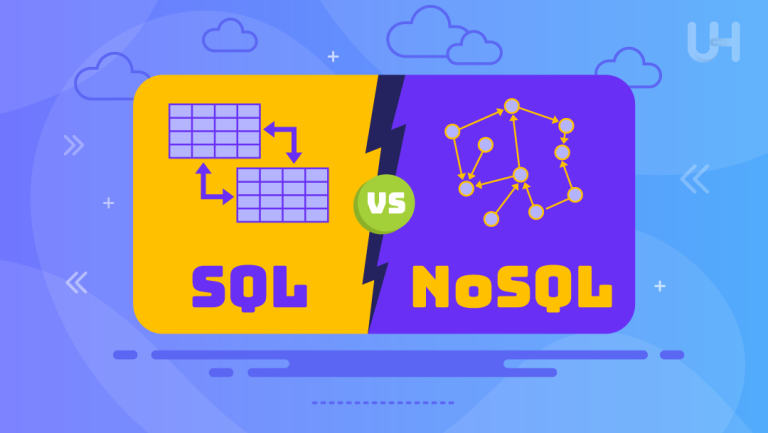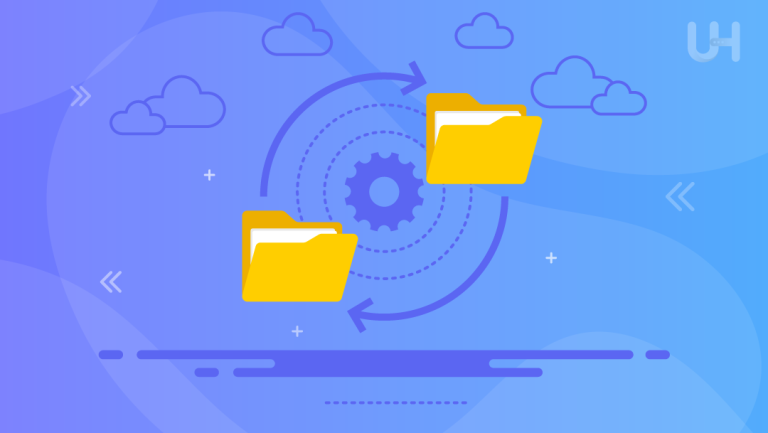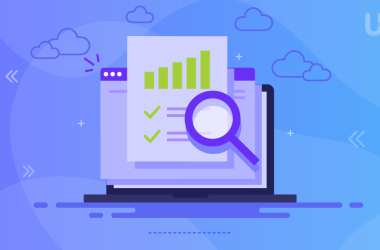Database management systems help organizations in the contemporary digital world by missioning to store, retrieve, and manage large volumes of data in the shortest time. Knowing the pros and cons of DBMS allows users to interact with databases through structured queries. It ensures that data is well-stored securely, accurately, and reliably. DBMS forms the very basis of data management and assurance of availability from small businesses to large enterprises at any time.
In this article, we will discuss the pros and cons of DBMS, showing how organizations benefit from their use and some issues they could potentially raise. A deeper understanding of the advantages and disadvantages will be really important to businesses in deciding whether to opt for a DBMS and which one might suit their operations best.
What is DBMS?
A DBMS software system allows database description, creation, maintenance, and access control. It acts as an intermediary between the user and the actual database, thereby providing a way to manipulate data in terms of retrieval, insertion, and modification. DBMS standardizes how the data is stored so that more than one user can work on any one database simultaneously, each change tracked and managed efficiently.
It can also implement the rules of data integrity to maintain the consistency of information within the system. In general, it also provides means to perform some backup recovery and security of sensitive data. Businesses will likely generate an enormous amount of data over time, and being able to utilize the DBMS is crucial to proper data management and decision-making.
Types of DBMS
- Hierarchical DBMS: In this database, data is maintained as a tree-like structure where one has a parent-child relationship between data.
- Network DBMS: More complex than hierarchical DBMS, it allows each child record to have multiple parent records.
- Relational DBMS: This stores data in tables. It is the most common type of DBMS and can handle complex queries and show relationships among different datasets.
- Object-oriented DBMS: A model that stores data as objects, just like object-oriented programming. It, therefore, supports more complicated data structures.
Pros and Cons of DBMS
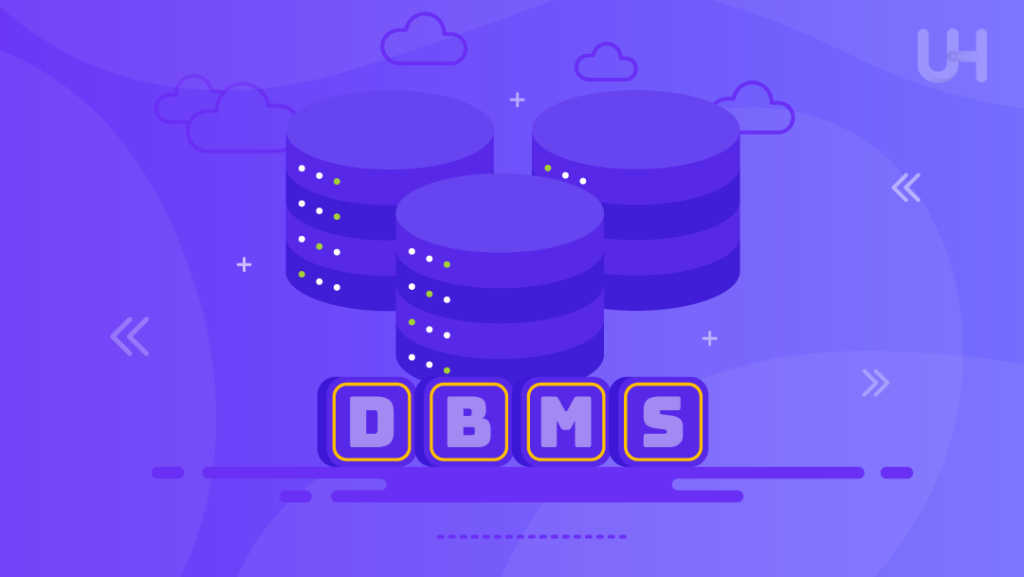
Implementing a DBMS has many benefits for an organization, but like any technology, it has certain drawbacks. Let’s look at some of these pros and cons that a DBMS will provide so that you understand its full scope.
Advantages of DBMS
Data Redundancy Control
It helps reduce data redundancy by centralizing data storage, whether on traditional systems or storage VPS and thus permits various applications to access the same data without data duplication. This reduces inconsistency risks and economizes cloud storage space, and changes to data are effected systemwide. DBMS smoothes data management and avoids errors due to duplicate records by facilitating redundancy reductions.
Data Integrity and Security
DBMS ensures that integrity constraints maintain the accuracy and consistency of the data stored. Security features in the DBMS act as a cybersecurity tool, allowing control over who subjects the data to access, protecting sensitive information about individuals. Combining security with integrity makes the DBMS reliable for managing public and private information.
Efficient Data Access and Querying
Using structured query languages, SQL-like, DBMS allows users to fetch and manipulate data speedily. Optimizing queries assures fast access to data, thus making DBMS ideal for applications that require quick responses and an efficient data fetching process.
Data Independence
One crucial feature of data independence is the developers’ capability to make changes to the structure of the database without impacting the applications that use the data. The separation between the database and the application logic allows for the facilitation of changes to the database without major collateral disruption to the systems dependent on the database.
Backup and Recovery
DBMS provides strong backup and disaster recovery systems. If data is lost or corrupted, a well-organized DBMS can restore it to its earlier state and maintain business continuity.
Multi-User Environment Support
DBMS allows multiple users to share a common database without conflict. It provides efficient locking mechanisms to maintain data consistency and avoid losses due to concurrent updates.
Data Consistency
DBMS ensures consistency in data for multiple users and various applications by keeping a single centralized database. The latter treats conflicting and outdated information concerning the organization.
Reduced Application Development Time
DBMS enables developers to focus on business logic rather than data handling while writing the application. Standard ways of information storage and retrieval reduce the complexities of application development.
Maximize Your Database Performance Today!
Looking for the perfect hosting solution for your DBMS-powered applications? UltaHost’s MySQL Hosting offers the speed, reliability, and scalability to ensure your databases run smoothly.
Disadvantages of DBMS
Cost of Implementation
Implementing a DBMS is costly, and small businesses might not be able to afford such an expense. It includes software licenses, hardware enhancements, and skilled personnel to run the system, which becomes highly costly. It is suitable for organizations with a huge budget.
Complexity
The DBMS systems are usually very complex and technically complicated to manage. This may lead to organizational difficulties regarding implementation and maintenance for those without dedicated database administrators. This learning curve can also be steep, thus requiring training for both developers and users.
Performance Overhead
Usually, a DBMS contains many additional features-security, backup, integrity checks, and so on-which take time and introduce some performance overhead. For small databases, this is not an important issue; for bigger systems, though, these increased processes could slow down the performance given high volumes of traffic.
Need for Regular Maintenance
A DBMS requires continuous tuning for smooth functioning, which also includes regular backups, updates, performance tuning, and monitoring. An inability to maintain the system may result in inefficiency, errors, or even data loss; hence, maintenance becomes one of the major concerns of DBMS users.
Security Risks
Although DBMS provides powerful data security and data privacy, it is still vulnerable to several attacks and vulnerabilities. A poorly configured DBMS can easily become an attractive target for hackers and could lead to a potential data breach, compromising sensitive information. To mitigate these risks, using a DDoS Protected VPS can add an extra layer of security, safeguarding your database from distributed denial-of-service attacks.
Hardware Requirements
A DBMS implementation normally requires huge resources in terms of hardware, such as high storage capacity and processing power. Small-scale enterprises can hardly afford such an economic and technical burden of upgrading their infrastructure to bear the load of the DBMS.
Vendor Lock-In
Some DBMS solutions are proprietary, which means that firms may become dependent on a particular seller. Switching to different DBMSs is expensive and complicated, generating vendor lock-ins where flexibility is foregone.
Comparison Table of Pros and Cons of DBMS
To summarize the pros and cons of DBMS, let’s look at a direct comparison of the advantages and disadvantages:
| Pros of DBMS | Cons of DBMS |
| Reduces data redundancy | High implementation cost |
| Ensures data integrity and security | Complex to manage |
| Provides efficient data access | Performance overhead in large databases |
| Offers data independence | Requires regular maintenance |
| Supports backup and recovery | Vulnerable to security risks |
| Allows multi-user access | Demands higher hardware requirements |
| Ensures data consistency | Potential for vendor lock-in |
| Reduces application development time |
This table provides a quick reference for the advantages and disadvantages, helping businesses weigh the benefits against the potential drawbacks when considering DBMS implementation.
Conclusion
Indeed, an insight into the different pros and cons of DBMS is critical for any business organization considering data management strategies. While DBMS has major advantages in terms of data integrity, security, and efficiency, its challenging factors are high cost and complexity. Considering these factors, organizations can decide whether DBMS is a logical choice for organizational data needs.
Reliable and high-performance hosting is essential for businesses that use DBMS in their applications. With UltaHost’s PHP hosting solutions, you can ensure that your databases run smoothly and efficiently.
FAQ
Can DBMS handle large volumes of data?
Yes, DBMS is designed to manage and efficiently process large volumes of data for organizations of all sizes.
What are the most common types of DBMS?
The most common types include Relational (RDBMS), Hierarchical, Network, and Object-Oriented DBMS.
Is a DBMS necessary for small businesses?
While not always necessary, a DBMS can improve data management and security, even for small businesses with growing data needs.
Can DBMS be integrated with cloud services?
Yes, many modern DBMS solutions offer cloud integration for better scalability and remote access.
How does a DBMS differ from traditional file systems?
A DBMS centralizes data management, reduces redundancy, and provides better security and data integrity than traditional file systems.
Is it possible to migrate from one DBMS to another?
Yes, but migrating between DBMS systems can be complex and may require data conversion and specialized tools.
What programming languages are commonly used with DBMS?
Languages like SQL, PHP, Java, Python, and C++ are commonly used to interact with DBMS.




